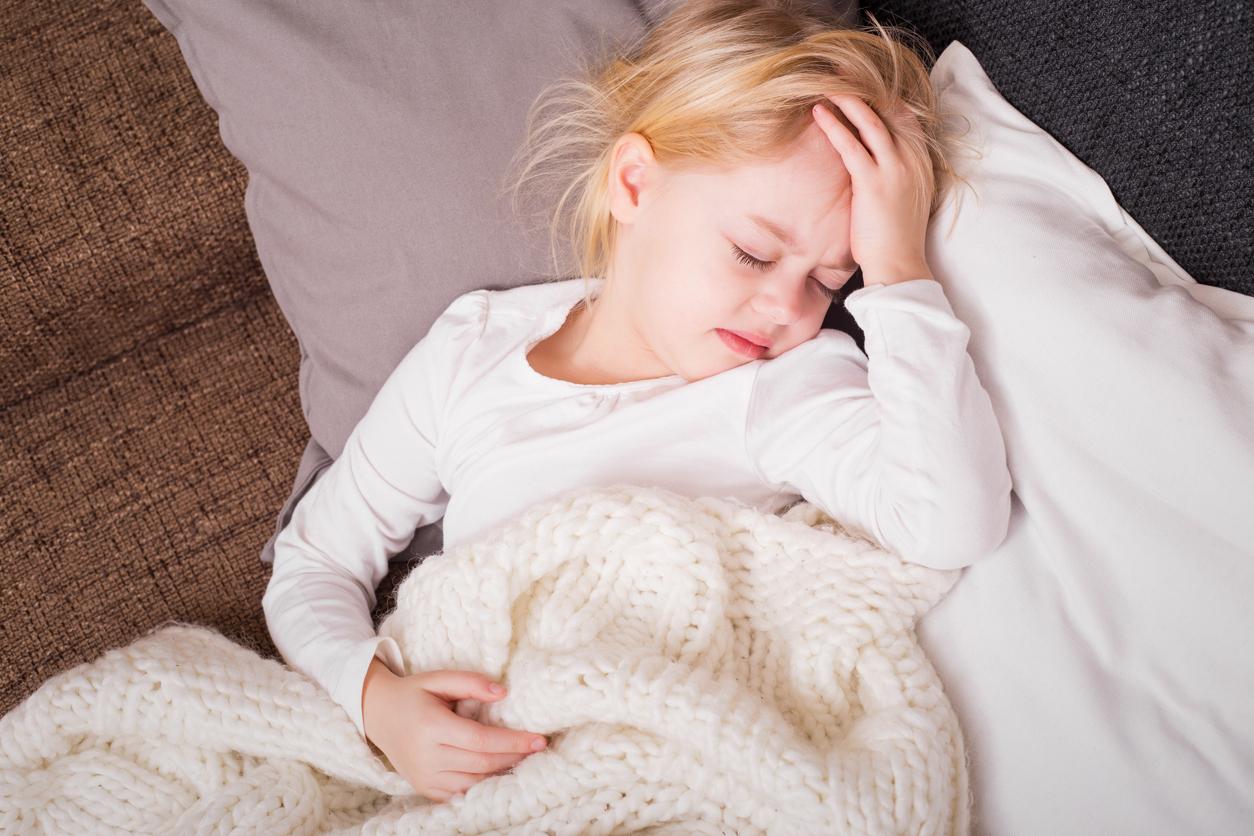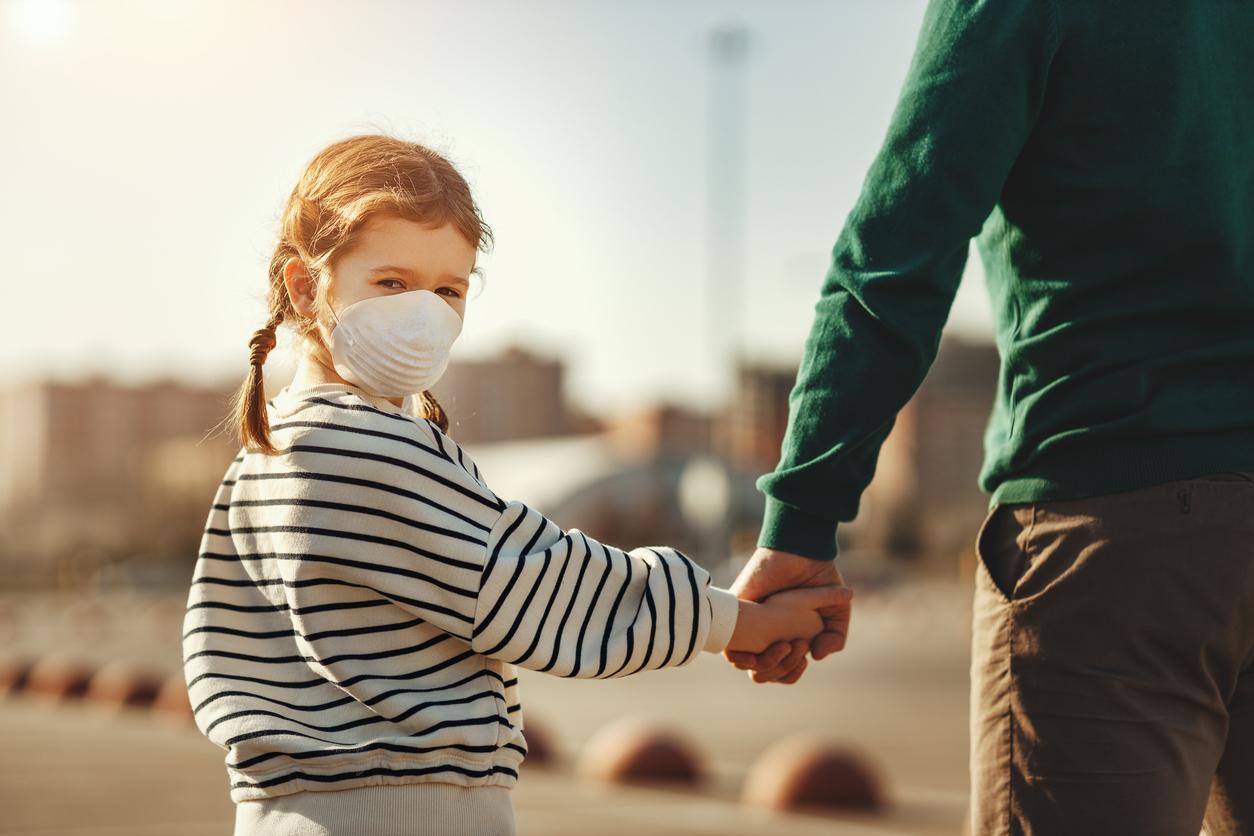Between young children, adolescents and young adults, long forms of Covid-19 are associated with different symptoms.

- Long Covid corresponds to persistence of symptoms for more than a month.
- In younger people, they can vary depending on age.
- For example, infants have more respiratory problems, while loss of taste and/or smell tends to affect adolescents.
Long Covid hits all ages. When symptoms persist for more than a month, health professionals speak of a prolonged infection. In a recent study, which will be presented during the annual meeting of pediatric academic societies in Toronto, Canada, scientists explain that the symptoms of the disease vary depending on age in younger people.
This study was carried out with 6,000 participants, more precisely children and caregivers. 75% of them were contaminated by SARS-CoV2. Tests made it possible to identify the symptoms encountered by young people. The majority of them continued to suffer from it more than a year after infection. But they varied depending on the age of the participants. Infants presented primarily with general and respiratory symptoms (e.g., cough); preschool children (before age 5) had these same symptoms, as well as gastrointestinal and ENT problems (such as stuffy noses); school-aged children mainly had general and ENT symptoms; finally adolescents/young adults often reported loss of taste and/or smell and pain. According to the criteria defined by the authors, school-age children are those aged 6 to 11 years.
Long Covid: “a lack of appetite, sleep disorders and agitation” in young children
“School-age children, adolescents and young adults with a history of Covid-19 infection had many persistent symptoms in common, including lack of energy, fatigue after walking, headaches , body, muscle and joint pain, dizziness, difficulty concentrating and gastrointestinal symptoms, such as nausea and vomiting.continue the authors in a communicated.
At the same time, they observed that some of the participants were experiencing psychological symptoms. Among children aged 6 to 11, some had specific and persistent fears, such as going to school; adolescents were afraid of crowds or enclosed spaces. “Young children between birth and five years old who had previously been infected with Covid-19 were more likely to suffer from poor appetite, trouble sleeping and restlessness, as well as prolonged respiratory symptoms such as nasal stuffy and cough, compared to children without known previous infection with Covid-19″they continue.

Better understand the symptoms of long Covid to better manage them
For the authors, this information on the typology of symptoms according to age will make it possible to better recognize long forms of Covid-19 in young people. “These results highlight the importance of characterizing long-term Covid in children as researchers are still discovering the long-term effects of infection in this age group.estimates Rachel Gross, associate professor of pediatrics and health at the Grossman School of Medicine at the University of New York. This research is important because clinicians can diagnose and treat appropriately if they better understand how different age groups are affected by the disease.”

















